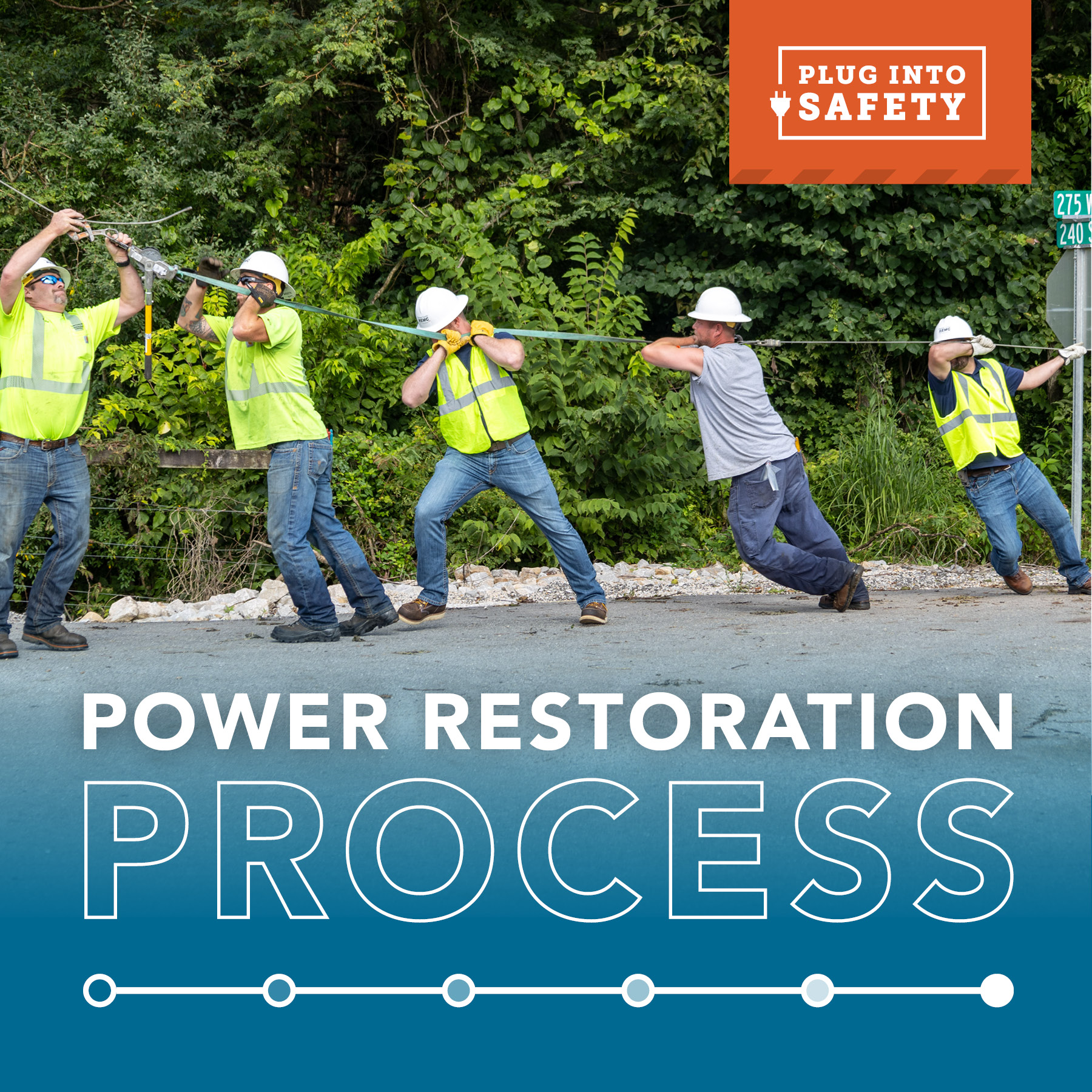
Electric space heaters and blankets are great ways to stay toasty warm when the temperature drops. Indiana Electric Cooperatives reminds you during these winter months, when space heaters and electric blankets come out of hibernation, home fires increase.
“Heating equipment is the second leading cause of home fires in the United States,” said Jon Elkins, vice president of safety, training, and compliance at Indiana Electric Cooperatives.“More than 65,000 home fires are attributed to heating equipment each year. These fires result in hundreds of deaths, thousands of injuries and millions of dollars in property damage.”
An electric space heater is a temporary option for supplemental heat. Many homeowners may use this option to heat specific rooms while they sleep, but this is unsafe. When you leave a room or go to sleep, it is important to turn off your electric space heater. If you’re leaving it unattended, it could overheat or fall. It is also important to always plug space heaters directly into a wall outlet. Never use an extension cord to avoid overheating.
Electric blankets and heating pads are also popular during the cold months. Never fold them and avoid using them while sleeping. Inspect them for dark, charred or frayed spots and check to see if the electric cord is cracked or frayed. Be sure to read the manufacturer’s instructions and warning labels carefully before using them in your home.
While there is no risk for carbon monoxide poisoning with an electric space heater, it holds many other safety hazards if not used properly. In accordance with fire safety, install smoke alarms on every floor of your home and outside all sleeping areas. If you already have them, be sure to test them once a month to be sure they’re working properly.
Don’t let your guard down if you keep yourself or your home warm with an electric space heater, electric blanket or heating pad. By following these tips, you and your family have a better chance of avoiding significant fire and electric shock hazards.





